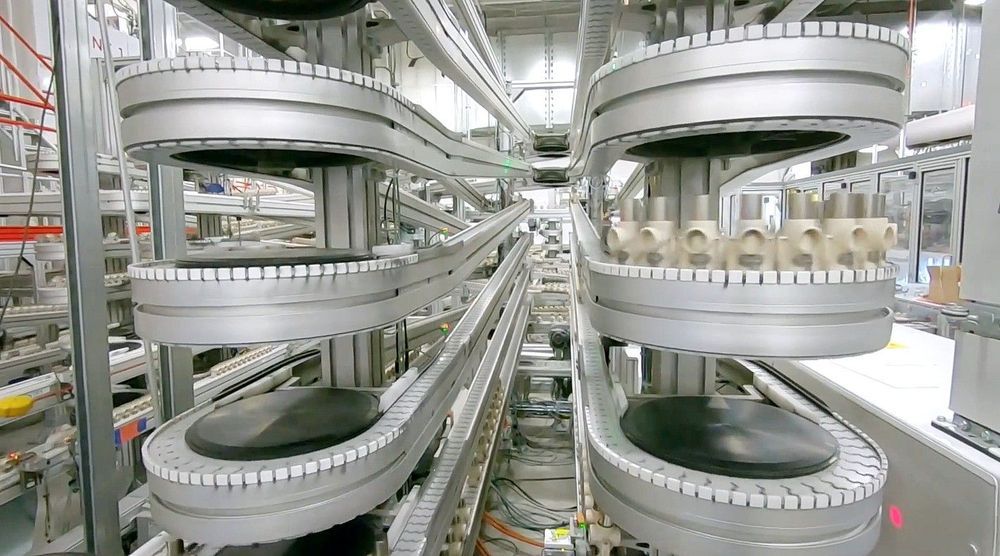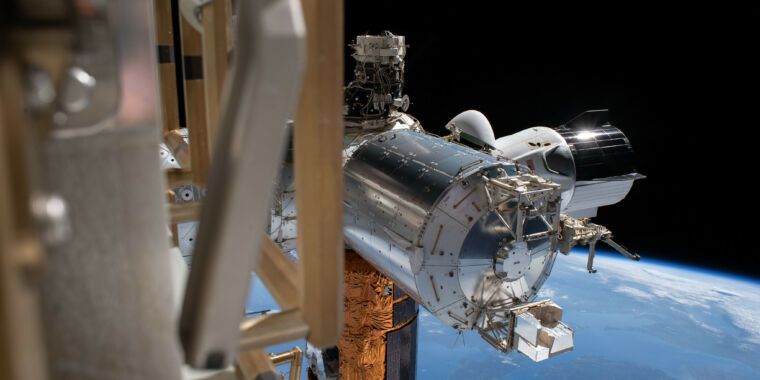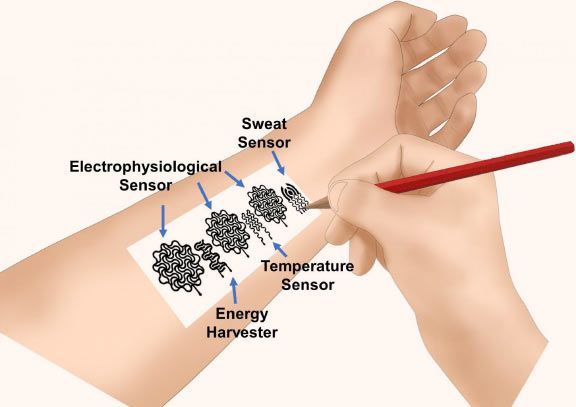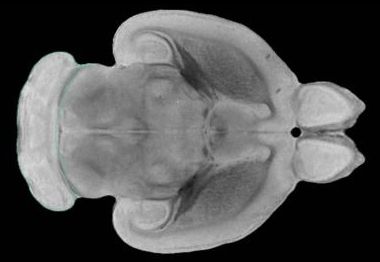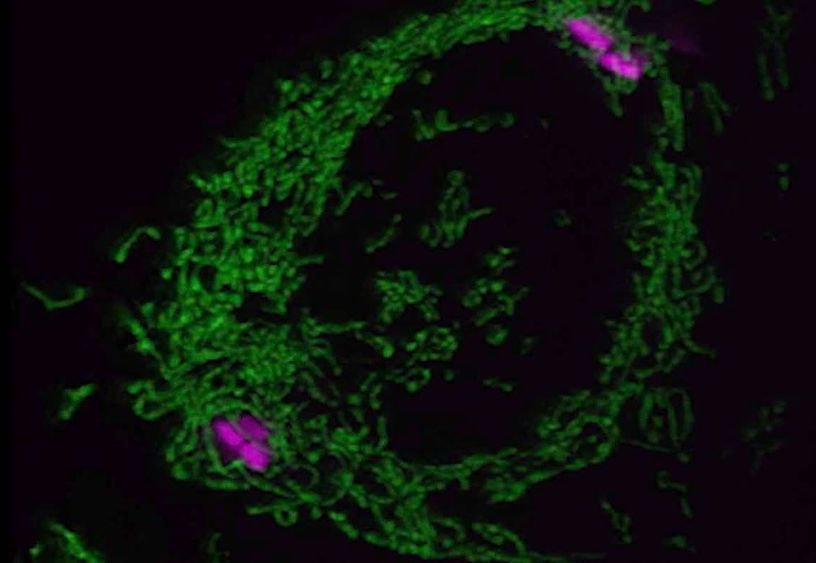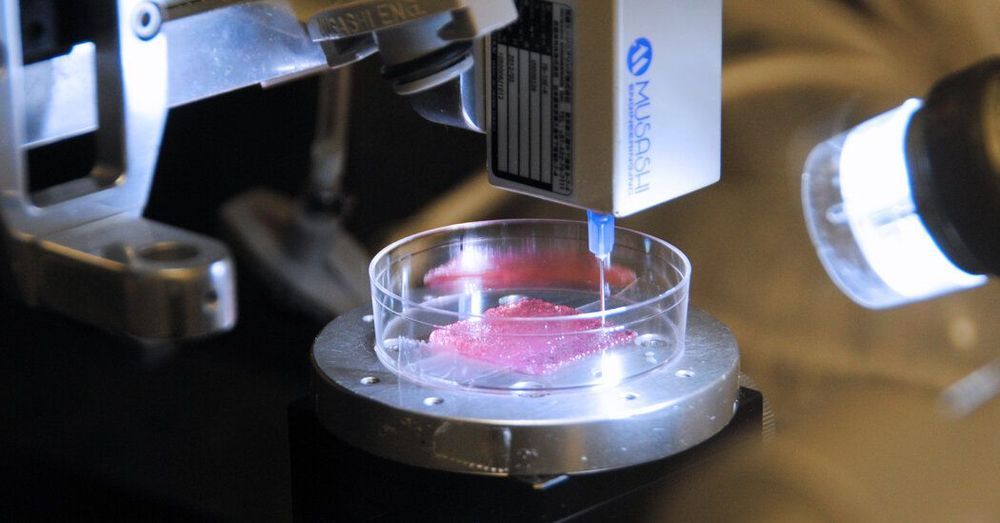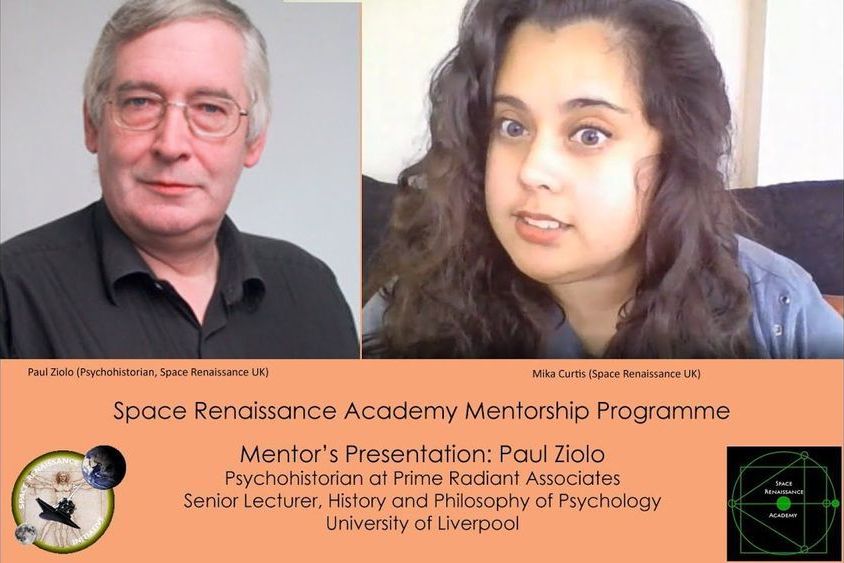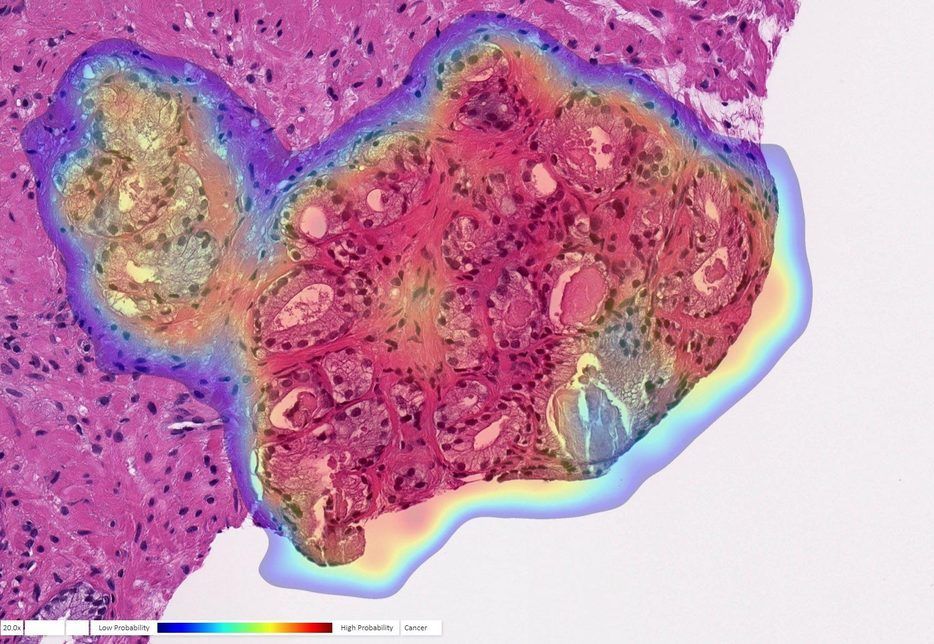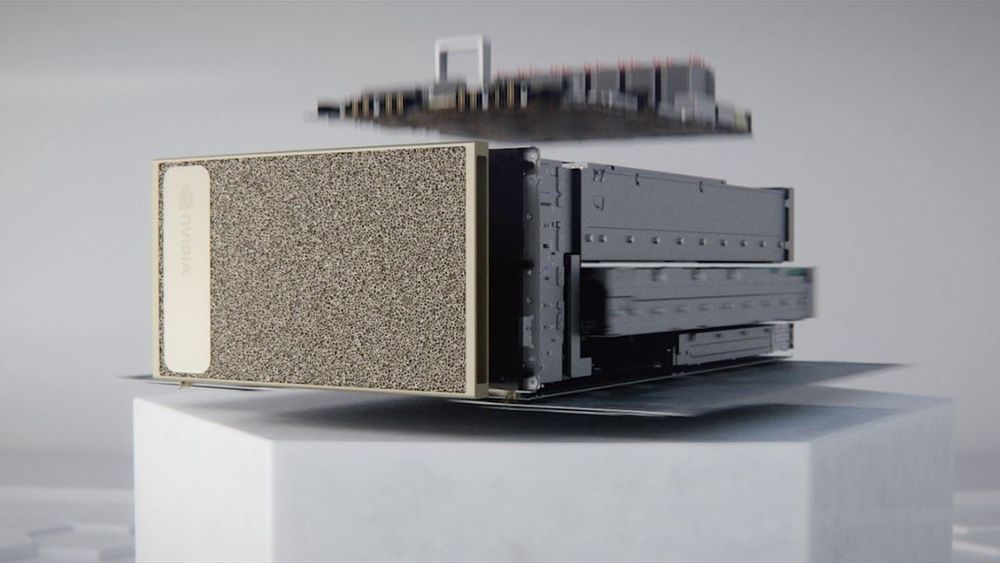Jul 27, 2020
Elon Musk’s nickel supply challenge for Tesla batteries answered by Canada miners
Posted by Genevieve Klien in categories: Elon Musk, sustainability, transportation
During the second quarter earnings call, Elon Musk called on miners to efficiently mine more nickel. According to Musk, nickel miners could be assured of massive contracts with Tesla, provided that their mining practices are efficient and environmentally conscious. If recent reports are any indication, it appears that a Canadian mining company has recently answered the CEO’s call.
In a statement to Bloomberg, Toronto-based Canada Nickel Co. stated that it is poised to build a facility that has the capability to process zero carbon nickel. The need for such a product was highlighted by Canada Nickel Chief Executive Officer Mark Selby to the publication. “The electric vehicle chain and broader market in general is crying out for zero-carbon product,” he said.
